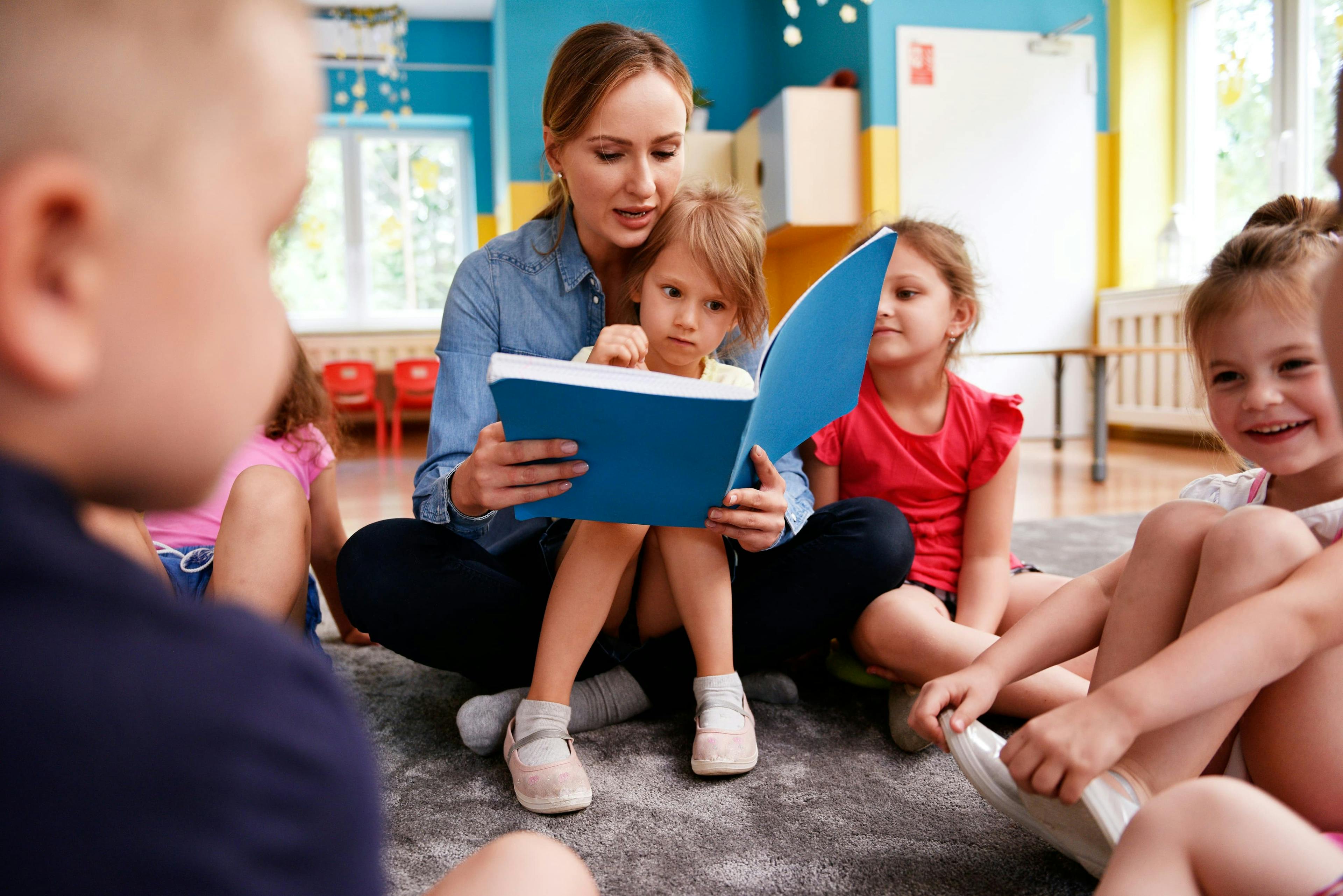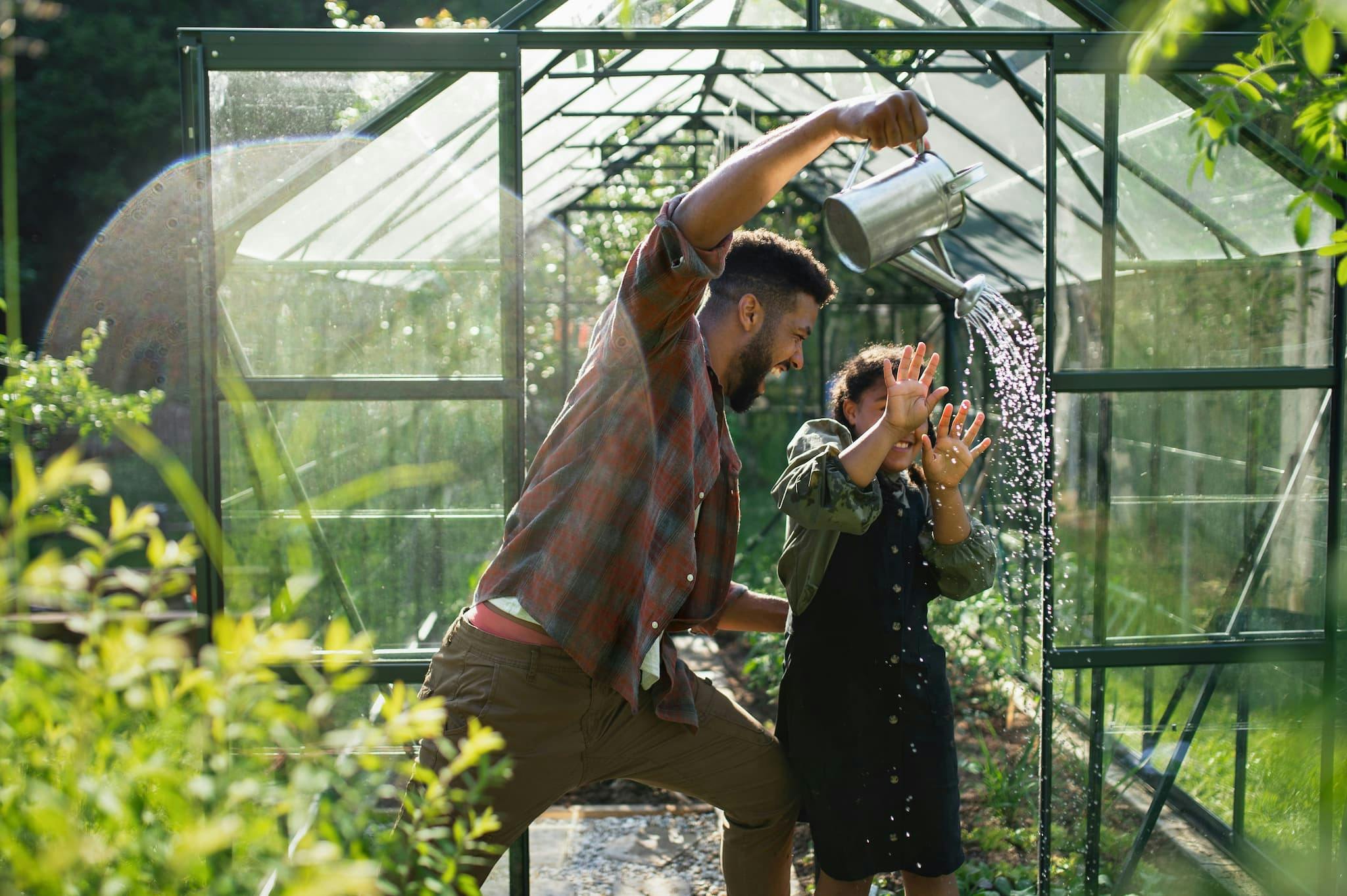The back-to-school season brings a familiar dilemma for parents: how do you keep track of your child's whereabouts while respecting school policies on electronic devices? With increasing restrictions on smartphones and smartwatches in classrooms, parents are searching for solutions that provide peace of mind without disrupting the learning environment.
This is where Littlebird's screenless design creates a unique advantage for school safety – providing location awareness for parents without introducing the distractions, classroom disruptions, and policy conflicts that screen-based devices create.
The Growing Challenge of Screens in Schools
Schools across the country are implementing increasingly strict policies on screen-based devices:
- According to a 2023 EdWeek Research Center survey, 77% of schools now have policies restricting or banning smartphone use during class time[¹]
- 42% of elementary schools prohibit smartwatches due to their games, messaging, and internet capabilities[²]
- 86% of teachers report that devices with screens negatively impact student attention and engagement[³]
Dr. Richard Hawkins, educational psychologist and author of "Digital Distractions in the Classroom," explains: "Even when used for legitimate purposes like parent communication, devices with screens inevitably create attention competition in the classroom environment. The mere presence of a screen creates what we call 'attentional drift' – the tendency for focus to be pulled toward potential notifications or interactions."[⁴]
The Littlebird Advantage for School Safety
Littlebird's award-winning screenless design specifically addresses the challenges that schools, parents, and students face:
1. Compliant with School Policies
Unlike smartphones and smartwatches that frequently violate school technology policies, Littlebird was designed with educational environments in mind:
- No screen to distract students during lessons
- No internet browsing capability to circumvent school content filters
- No messaging or social media functions that enable classroom disruption
- No gaming features that pull attention from learning activities
Many schools that restrict other devices specifically allow Littlebird because of these design considerations.
"We implemented a no-smartphones policy last year, but we understand parents' safety concerns," explains an elementary school principal in conversations with our team. "Screenless solutions like Littlebird represent exactly the kind of balance we're looking for – safety awareness without educational disruption."
2. Supporting Focused Learning Environments
Research consistently shows that the presence of screens impacts cognitive performance:
- A study from the Journal of Educational Psychology found that visible screens reduce information retention by 29%, even when students aren't actively using them[⁵]
- The mere expectation of notifications creates what researchers call "attention residue" that diminishes cognitive performance[⁶]
- Each classroom distraction takes an average of 5 minutes to recover from, resulting in significant learning time loss[⁷]
Littlebird's screenless design eliminates these learning barriers while still providing the safety awareness parents need.
Note: For optimal alert performance with Littlebird, ensure your smartphone has notifications enabled and both Bluetooth and cellular connectivity active to receive timely updates.
3. Building Independence with Support
The school day represents a crucial opportunity for children to develop appropriate independence:
- Learning to navigate transitions between classes
- Developing responsibility for their own schedules and belongings
- Building confidence through managing age-appropriate challenges
"The ideal safety technology should be like training wheels on a bicycle – providing support without taking over the learning process," notes child development specialist Dr. Elaine Morris. "Too much intervention prevents children from developing essential coping skills and independence."[⁸]
Littlebird's Precision+ technology supports this developmental balance by:
- Providing location awareness without constant communication
- Supporting independence while maintaining appropriate safety boundaries
- Creating peace of mind for parents without disrupting the learning process
What Educators Say About Screenless Safety Solutions
School administrators increasingly recognize the value of screenless safety technology:
"We've seen the negative impacts of screen-based devices in our classrooms, but we also understand parents' legitimate safety concerns," notes a middle school principal who has worked with our team. "Screenless options represent the best of both worlds – they address safety needs without compromising our educational environment."
A 5th-grade teacher shared: "The difference in student engagement is noticeable. Children without screen-based devices are more present, participate more actively in discussions, and transition more smoothly between activities. Yet parents can still have that crucial safety connection."
How Littlebird Benefits the School Community
The advantages of Littlebird's screenless approach extend to all stakeholders in the educational community:
For Students:
- Reduced distraction and increased focus during learning
- No social pressure related to device features or capabilities
- Support for developing appropriate independence and responsibility
- Elimination of cyberbullying opportunities during school hours
For Parents:
- Peace of mind about child's location throughout the school day
- Confirmation of arrival at and departure from school
- Alerts if child leaves designated school boundaries
- Compliance with school policies on electronic devices
For Schools:
- Supports existing policies limiting screen-based devices
- Reduces classroom disruptions and distractions
- Eliminates cyberbullying vectors within the school environment
- Provides safety benefits without administrative burden
What Littlebird Community Parents Envision for School Safety
Parents see Littlebird as a solution to the school safety-technology dilemma:
"My daughter's school implemented a complete ban on smartwatches after they became a major classroom distraction. With Littlebird, I could still know she arrived safely while fully respecting the school's policies. It would give me peace of mind without putting her in conflict with school rules." – Littlebird Community Parent
Another Littlebird Community Parent shared: "My son gets distracted very easily, which is why we've been hesitant to give him any device with a screen. But I still worry about him walking to and from school. Littlebird would be perfect – I could confirm he arrived safely without introducing another source of distraction in his day."
School-Specific Safety Features
Beyond its screenless design, Littlebird's Precision+ GPS technology includes features specifically valuable in school settings:
- Geofencing capabilities that alert parents if children leave school boundaries
- Scheduling features that align with school hours
- Durable design that withstands the rigors of a school day
- Simple operation that doesn't require teacher intervention or support
The Future of School Safety Technology
As schools continue to grapple with both safety concerns and the challenges of screen-based devices, solutions that address both issues simultaneously will become increasingly important.
The American Academy of Pediatrics' Council on School Health has noted that the ideal school safety technology "should provide appropriate security awareness without interfering with the educational environment or creating new challenges for student focus and engagement."[⁹]
Littlebird's screenless approach represents exactly this kind of thoughtful balance – providing the safety awareness parents legitimately need without introducing the distractions, disruptions, and policy conflicts that screen-based devices inevitably create.
Because school safety isn't just about knowing where children are – it's about creating environments where they can learn, grow, and develop independence with appropriate support. With Littlebird, schools and families can achieve both.
References:
- EdWeek Research Center. (2023). "Technology Policies in K-12 Schools." Educational Research Report.
- National Association of Elementary School Principals. (2023). "Electronic Device Policies in Elementary Education." NAESP Policy Brief.
- Jiang, J., & Katz, V. S. (2022). "Screens in Schools: Teacher Perspectives on Classroom Technology." Journal of Educational Technology, 41(3), 248-263.
- Hawkins, R. (2023). "Digital Distractions in the Classroom: Impact on Learning and Attention." Oxford University Press.
- Ward, A. F., et al. (2022). "The Attentional Cost of Receiving a Cell Phone Notification." Journal of Educational Psychology, 114(3), 529-544.
- Gazzaley, A., & Rosen, L. D. (2021). "The Distracted Mind: Ancient Brains in a High-Tech World." MIT Press.
- Kardaras, N. (2023). "Screen Time and Classroom Performance." Harvard Education Letter, 39(2).
- Morris, E. (2022). "Developing Independence in School-Age Children." Child Development Perspectives, 16(4), 214-219.
- Council on School Health, American Academy of Pediatrics. (2022). "Technology and Safety in School Environments." Pediatrics, 149(6).


